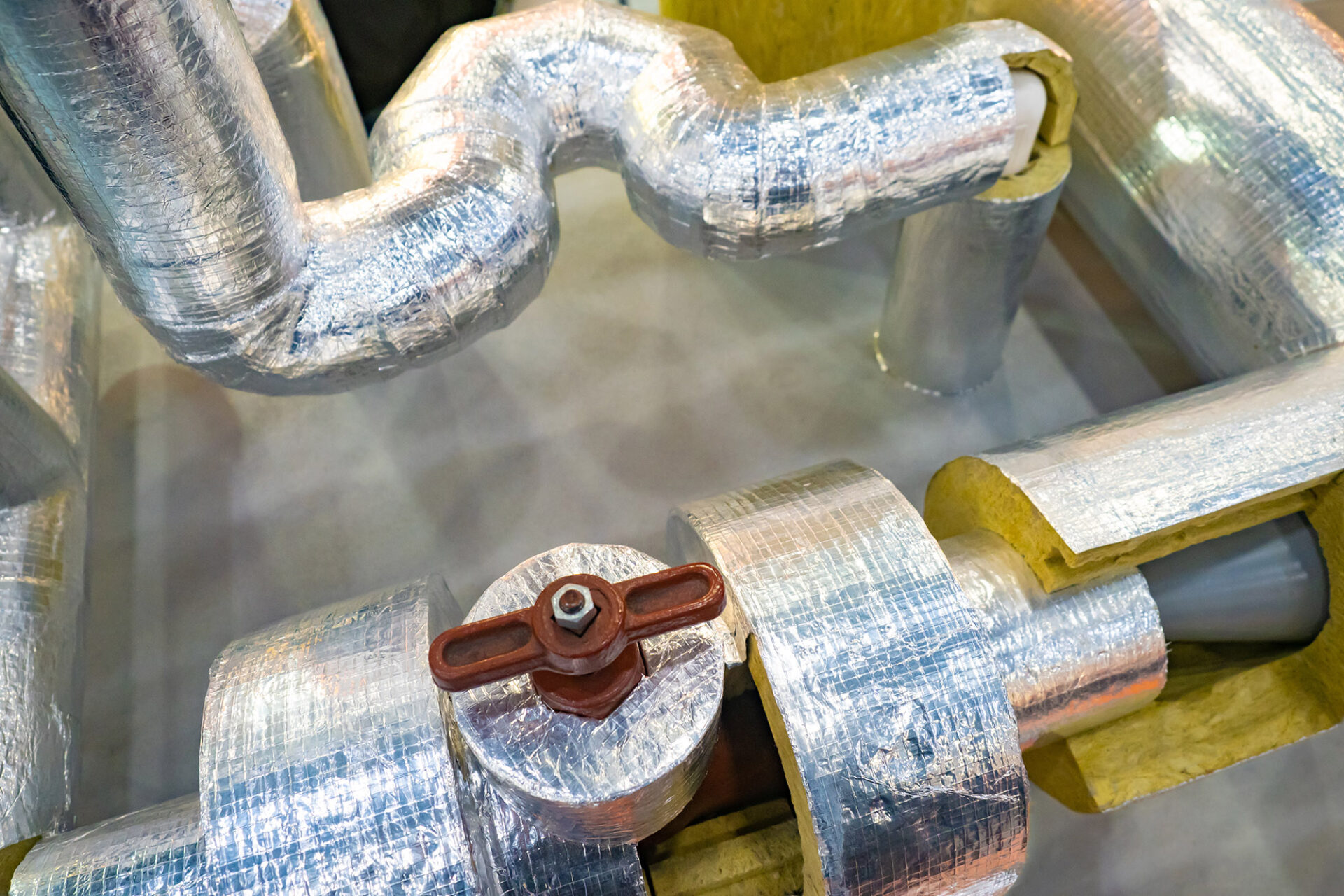
When it comes to home comfort and energy efficiency, proper pipe insulation is often overlooked. Whether it’s preventing frozen pipes in winter or reducing heat loss from hot water pipes, thermal insulation plays a crucial role in your plumbing system. In this guide, we’ll explore the best practices, types of insulation, and how to check if your home’s pipes are properly insulated.
Why Pipe Insulation Matters
Proper pipe insulation offers numerous benefits, including:
- Preventing Frozen Pipes: In colder months, uninsulated pipes can freeze and burst, causing costly water damage.
- Energy Efficiency: Insulated hot water pipes reduce heat loss, which helps lower your energy bills.
- Condensation Control: Cold water pipes can develop condensation, leading to bacterial growth and mildew issues.
- Prolonging Pipe Lifespan: Insulation reduces wear and tear, extending the longevity of your plumbing system.
Best Practices for Pipe Insulation
To ensure optimal insulation, follow these best practices:
- Choose the Right Insulation Material: Selecting the right type of insulation depends on your needs and climate.
- Seal All Joints and Gaps: Use tape or foam sealant to prevent heat loss and moisture buildup.
- Focus on Vulnerable Areas: Insulate pipes in unheated areas such as basements, crawl spaces, attics, and garages.
- Ensure a Snug Fit: Loose insulation won’t provide effective thermal protection.
- Regularly Inspect for Damage: Over time, insulation may wear out or degrade, requiring replacement.
Types of Pipe Insulation
There are several types of insulation materials to choose from, each with its advantages:
- Foam Pipe Insulation: Easy to install and cost-effective, foam sleeves are great for most residential applications.
- Fiberglass Insulation: Ideal for high-temperature pipes, commonly used in HVAC systems.
- Rubber Insulation: Flexible and resistant to moisture, making it a good choice for outdoor and humid environments.
- Reflective Foil Insulation: Effective for radiant heat applications and reducing energy loss in hot water pipes.
How to Check If Your Pipes Are Properly Insulated
Not sure if your pipes are well-insulated? Here are some simple ways to check:
- Touch Test: If a hot water pipe feels warm or a cold water pipe sweats, it likely needs insulation.
- Visual Inspection: Look for missing, loose, or deteriorated insulation.
- Check Energy Bills: If your heating costs seem higher than usual, poor pipe insulation could be a factor.
- Listen for Strange Noises: Rattling or popping sounds in pipes during temperature changes can indicate expansion and contraction issues, which insulation can help mitigate.
Need Professional Pipe Insulation? Call A#1 Air!
If you’re unsure about your home’s pipe insulation or need professional installation, A#1 Air is here to help. Our expert technicians provide top-quality heating, cooling, plumbing, and electrical services to homeowners in Lewisville, Dallas, Fort Worth, Arlington, and surrounding areas.
Give us a call at (972) 746-2224 to schedule an appointment, or conveniently request an appointment online. Let us help you improve your home’s efficiency, comfort, and protection with expert pipe insulation services!
Stay warm, save energy, and protect your pipes with A#1 Air!



